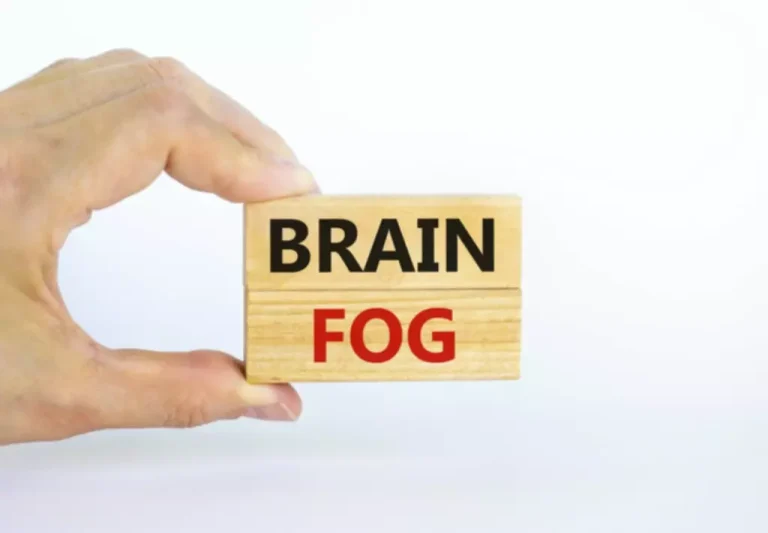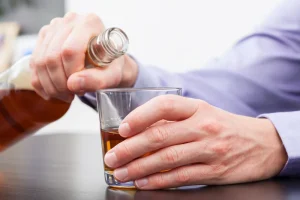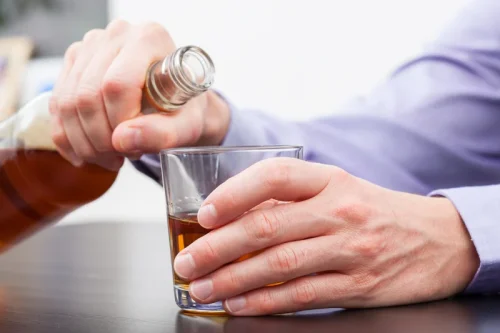
Engaging fully in activities fosters mindfulness and minimizes substance cravings driven by escape or avoidance. These practices aim to foster a non-reactive space for individuals, helping them recognize cravings and emotional triggers without automatically acting on them. Programs such as Mindfulness-Based Stress Reduction (MBSR), Mindfulness-Based Cognitive Therapy (MBCT), and specialized adaptations like Mindfulness-Based Relapse Prevention (MBRP) are widely used.
Alcohol Rehab
Stress and emotional turmoil are often cited as major reasons for relapse among those recovering from addiction. Implementing mindfulness techniques can significantly mitigate these risks by offering practical methods to manage stress and emotions effectively. Techniques such as focused breathing, mindful observation, and meditation can transform the way individuals experience and react to stressors.

How to Transition from Benzodiazepine Detox to Comprehensive Addiction Treatment
Meditation actively reduces cortisol levels and calms the nervous system, decreasing feelings of worry and tension. Studies show that mindfulness and other meditation techniques lower anxiety and depression symptoms, promoting a more positive mental state. Overall, meditation is a versatile and accessible approach that complements traditional addiction treatments by fostering mental clarity, emotional stability, and resilience. Its proven benefits make it a valuable tool in supporting sustained recovery.
Promoting cognitive control over automaticity

Even your thoughts are not racing from one to another, as you have quieted the mental chatter. This improves your ability to make decisions that have a positive effect on your health and overall well-being. Previous fundamental and clinical research suggest that MBIs have a promising potential in addiction medicine.
Finally, MORE significantly increased the mindfulness facet of nonreactivity which, in turn, predicted decreases in prescription opioid misuse 41. When you practice mindfulness meditation, you create new neural connections. This process lowers the risk of relapse and protects your overall mental health. Mindfulness techniques, such as meditation and mindful breathing, have been shown to reshape the brain positively. Various studies indicate that mindfulness not only improves mental health and well-being but also aids in recognizing harmful thought patterns and developing compassionate relationships crucial for sustainable recovery.
This synergy between the mind and body creates a robust defense against relapse. Mindfulness encourages compassion towards oneself, acting as a buffer against negative thoughts. It fosters greater self-awareness, allowing individuals to better understand and manage their emotions, especially in mental health conditions like anxiety disorders. By addressing these intrusive thoughts, individuals can cultivate a greater sense of self-worth and confidence in their path to sobriety. This emotional grounding often leads to better decision-making and a more positive outlook. addiction meditation kundalini Furthermore, mindfulness influences how the brain processes rewards, decreasing the salience of drug-related stimuli and increasing sensitivity to natural, healthier rewards.

The physiological benefits include improved heart rate variability (HRV), indicating better stress regulation, which is crucial in preventing relapse especially during high-stress situations. Overall, practicing mindful meditation regularly can be incredibly beneficial for addiction recovery. In the next section, we’ll explore the power of mindful meditation in fostering inner peace and emotional stability throughout the recovery process. Addiction can be a complex and challenging experience for those who struggle with it. In order to understand the benefits of mindfulness in addiction recovery, it s crucial to first gain a clear understanding of addiction itself.
Key Benefits of Mindful Meditation for Recovery

I worked in construction prior to this field and needed a complete change in career as I was too suffering from substance addiction. I watch clients walk through the door, broken, and still remember when it was I who felt hopeless. After learning the necessary coping skills and engaging in a 12-step fellowship, my life began to change, and only for the better. I now enjoy working with others and helping them get through the hard times of early recovery. Sober living house I still engage in a daily program of recovery myself and also enjoy fitness and health, nature, sports, horror movies, video games, cooking and spending time with family and friends. I have been on both sides of the fence, active addiction and recovery, and continue to choose recovery every day.
- Thus little data exists to either support or refute the neural mechanistic models proposed in this section.
- By practicing mindfulness in recovery, you learn to be present in the moment, acknowledge your feelings without judgment and develop healthier coping mechanisms.
- The post-treatment time point depended on the intervention duration and varied from 5 days to 12 weeks.
- Whether she’s leading group therapy or providing an individual therapy session, Cheryl’s expansive knowledge and genuine compassion paired with her deep drive to help people are always on display at The Freedom Center.
- I then pursued my Masters in Clinical Social Work at the University of Maryland, Baltimore, School of Social Work.
- If you’re looking for guidance on incorporating mindfulness and meditation into your recovery, reach out to us today.
- Depression is one of the mental health conditions where individuals experience extreme sadness, lose interest in things they used to enjoy, and may have trouble doing everyday activities.
By promoting relaxation and a sense of calm, it aids individuals in navigating emotional turbulence without resorting to substance use. Clients are encouraged to leverage mindfulness as a tool for managing stress, avoiding relapse, and fostering overall well-being. Through personalized guidance and continued access to mindfulness resources, RECO Intensive helps individuals navigate the complexities of recovery with confidence.



Leave a Reply